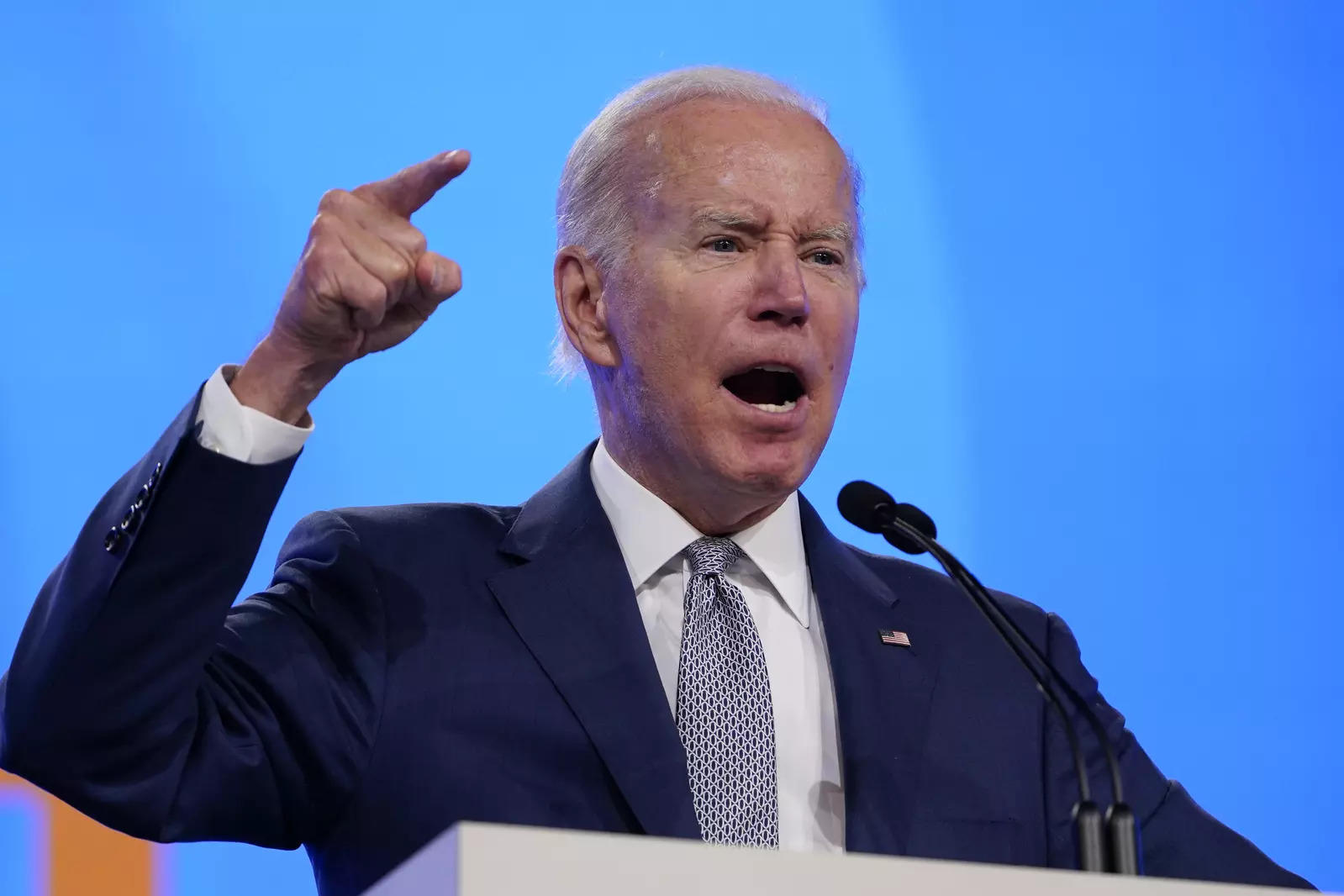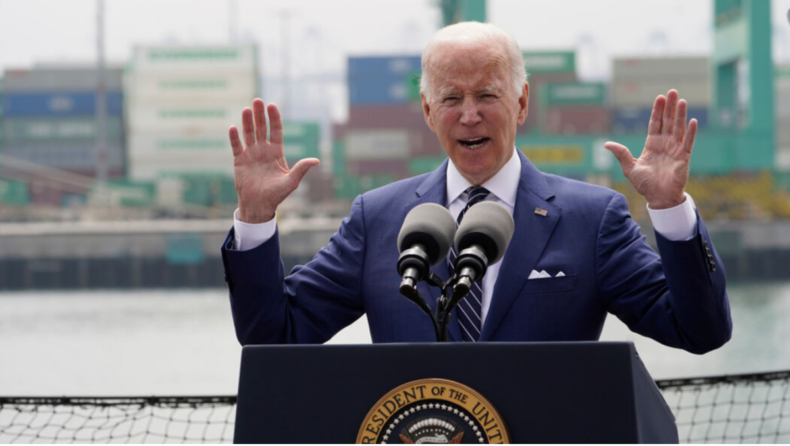In spite of running near maximum capacity, production of gas and diesel still falls short of demand. Market imbalance has provoked high prices and profits, a shift for the typically low-margin refining industry.
- Biden argues that the lack of refining capacity and resulting unprecedented refinery profit margins are blunting the impact of the historic actions his administration has taken to address Vladimir Putin’s Price Hike and are driving up costs for consumers.
- Consumer prices have jumped 8.6% over a year, becoming the most drastic increase in more than 40 years.
- The government is prepared to take the necessary and immediate actions in order to help the industry improve refining capacity.

US President Joe Biden on Wednesday appealed to US oil refiners to produce more gas and diesel. He noted their profits have tripled during a time of war between Russia and Ukraine and have led to Americans struggling with record high prices at the pump. Biden deplored unprecedented profit margins by oil refiners. He called for immediate action to improve capacity as the soaring price of gasoline has led to record inflation and fears of a recession.
In the draft of a letter to the oil refiners obtained by the Associated Press, Biden expressed his intention to take immediate action to overcome the crisis faced by families. He urged the companies to work with his Administration to bring forward concrete, short-term solutions to address the crunch.
Gas prices across the country are averaging at roughly $5 a gallon, becoming an economic burden for many Americans. The last time oil was near the current price of $120 a barrel in March, gas prices were at $4.25 a gallon. That 75-cent difference in average gas prices within a period of a few months reflects both a shortage of refinery capacity and profits that are currently being recorded at the highest levels. For diesel, prices are 90 cents higher.
In the US, inflation began to climb last year as the US economy recovered from the coronavirus pandemic. However, in recent months, following Russia’s invasion of Ukraine, energy and food prices have blown up and disrupted global commodity markets. On Friday, the government reported that consumer prices had jumped 8.6% over the past year, becoming the most drastic increase in more than 40 years.
According to Biden, the refineries are capitalising on the uncertainties caused by a time of war. While his implication that corporate greed is contributing to higher prices has been controversial among many economists, the claim resonates with voters.
The US President has criticised profiteering amid a global crisis. It threatens to push Europe and other parts of the world into a recession. He targeted ExxonMobil after a speech on Friday regarding their soaring profits. They were directed to start investing and paying taxes. ExxonMobil responded that it has already informed the administration of its planned investments to increase oil production and refining capacity.
Although Biden holds the Russian President to be principally responsible for this financial crisis, historically high refinery profit margins amid a war that has already raised gasoline prices by more than $1.70 per gallon have worsened the situation.
Efforts to increase Refining Capacity
A letter is being sent to Marathon Petroleum, Valero Energy, ExxonMobil, Phillips 66, Chevron, BP and Shell by the President. He has also instructed Energy Secretary Jennifer Granholm to hold an emergency meeting on the subject soon. Granholm will consult with the National Petroleum Council, a federal advisory group representing the industry, drawn from the energy sector.
Each company is required by Biden to explain to Granholm any drop in refining capacity since the beginning of the pandemic in 2020. They have to provide concrete ideas that would address the immediate inventory, price, and refining capacity issues in the near future. This includes transportation measures to get refined products to market.
Granholm, during an interview with CNN on Wednesday, said that the president is calling upon production of oil to increase in the US, and around the world. He has also asked for increased refinery capacity. Biden has prepared his administration to take any reasonable and appropriate Federal Government tools, emergency authorities, and steps that would help companies increase refinery capacity and output in the near term, and to ensure adequate supply in the country. For this reason, Biden adviser Brian Deese met with executives from Exxon and Chevron last week to brainstorm such ways. Although he has released oil from the US strategic reserve and increased ethanol blending standards, neither action put a lasting downward pressure on prices.
There may be limits on the capacity that can be added. The US Energy Information Administration estimates that refinery utilisation will reach a monthly average level of 96% twice this summer. This is near the upper limit of what refiners can consistently maintain.
Restarting shuttered refineries isn’t easy. Around the world, roughly 3 million barrels a day of refining capacity have gone offline since the pandemic began. In the US, this fell by more than 800,000 barrels a day in 2020. The pandemic lowered fuel demand. As a result, some ageing facilities were shut down permanently. Others are being modified to produce renewable diesel instead of petroleum-based fuels amid federal policies pushing for a shift to green energy.
Even with high prices to attract investment, oil companies might not build new refineries now. The long-term shift away from fossil fuels, long payback times, booming construction costs, and permitting challenges are key reasons.
Biden’s recent increased efforts towards lowering oil prices are a result of polls showing inflation concerns negatively affecting both his approval rating and Democrats’ prospects for retaining control of Congress in November. He hopes to mend ties with Saudi Arabia and Crown Prince Mohammed Bin Salman during a trip next month as he asks OPEC producers to boost output.
Some refiners are taking up expansions and steps to increase output. Maintenance projects that would have temporarily taken some production offline are being deferred. For example, Valero has cancelled a planned 30-day shutdown of a crude unit at its Memphis, Tennessee refinery to meet demand and capture high product margins.













